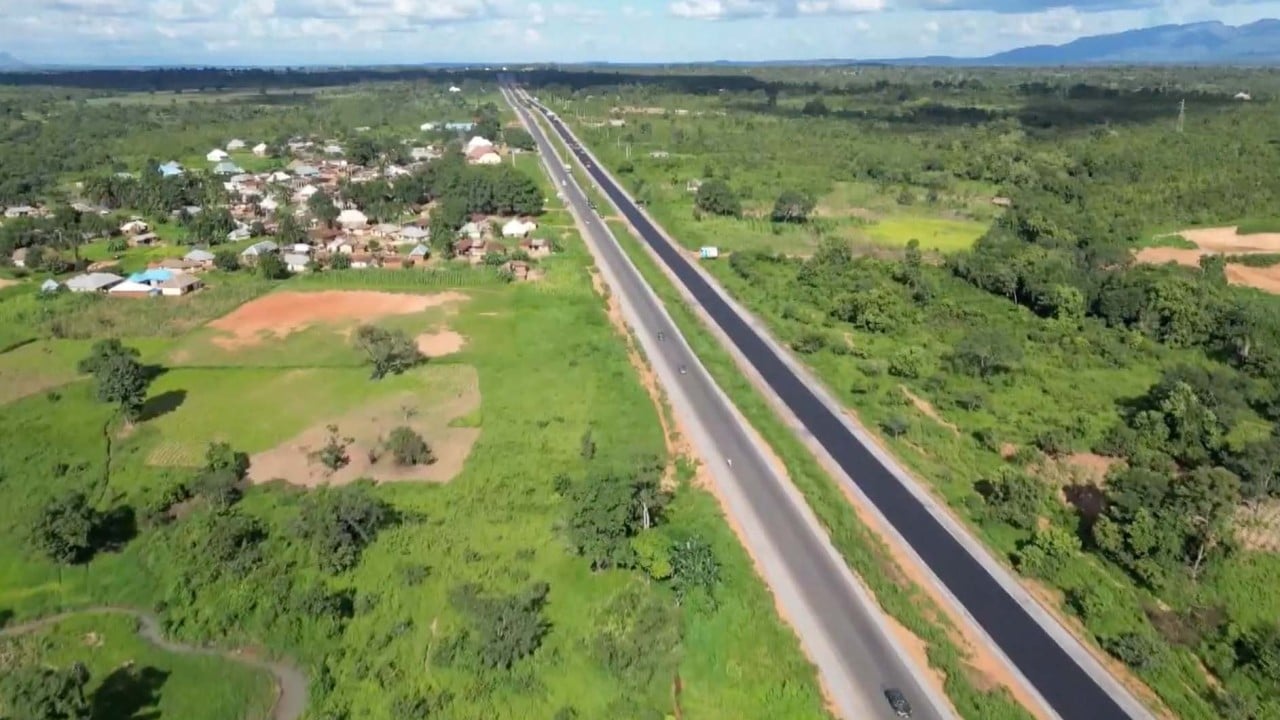China taps soft power to send its best doctors to Rwanda. But is there a ‘commercial motive’?
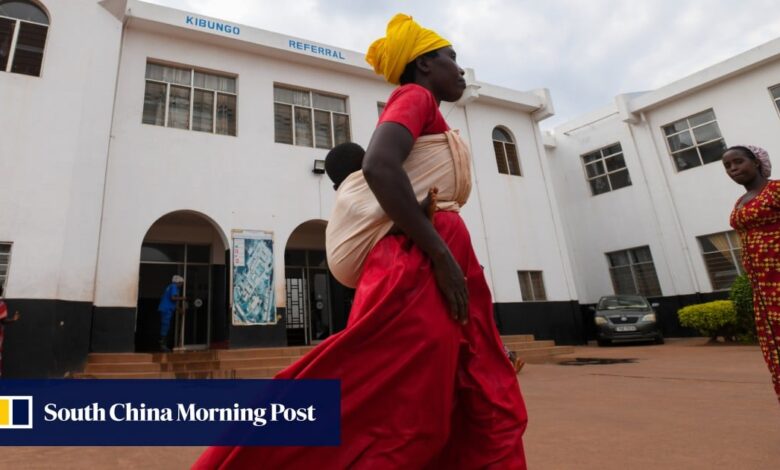
Dr Lu is one of 12 healthcare professionals dispatched by the Chinese government to provide medical aid in Rwanda for a year.
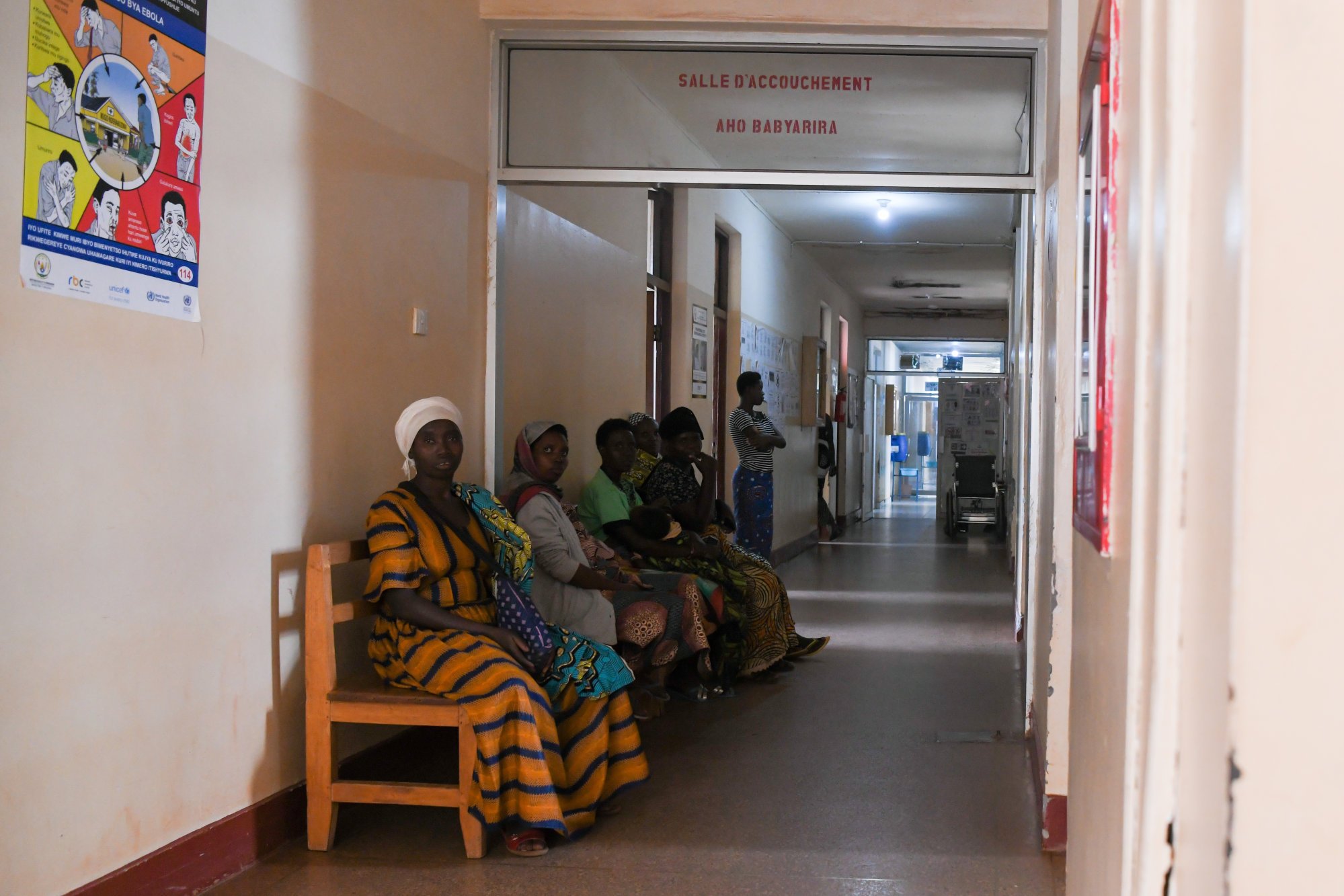
Working alongside her in the 23rd Chinese medical team to have been sent to Rwanda are a traditional Chinese medicine (TCM) practitioner, two orthopaedists and a dentist, among other specialists. They are accompanied by two chefs and a translator.
The teams sent to Rwanda come from Inner Mongolia – an autonomous region that serves as a partner province in China’s medical aid programme to the African nation – and a new batch takes over at the end of every year.
The healthcare they provide is free.
Chinese construction firms in Rwanda losing market share to India, Turkey
Chinese construction firms in Rwanda losing market share to India, Turkey
“The foreign support is necessary because it adds value to healthcare in Rwanda,” said Placide Niyitegeka, head of communications at the Rwandan Red Cross.
This comes in the form of experience, knowledge, technology and manpower.
“In the medical sector, China focuses on delivering at the grass roots level, which is getting on the ground, treating patients and then teaching local doctors,” said Dr Pippa Morgan, assistant professor of political science at the Duke-Kunshan University in China.
Since 1982, the medical teams have been the jewel in the crown of China’s foreign aid to Rwanda, being central to its healthcare diplomacy.
Besides sending medical teams, China also builds healthcare infrastructure, donates medical supplies and conducts research with Rwandan institutions – an exercise in diplomacy, business and humanitarian aid.
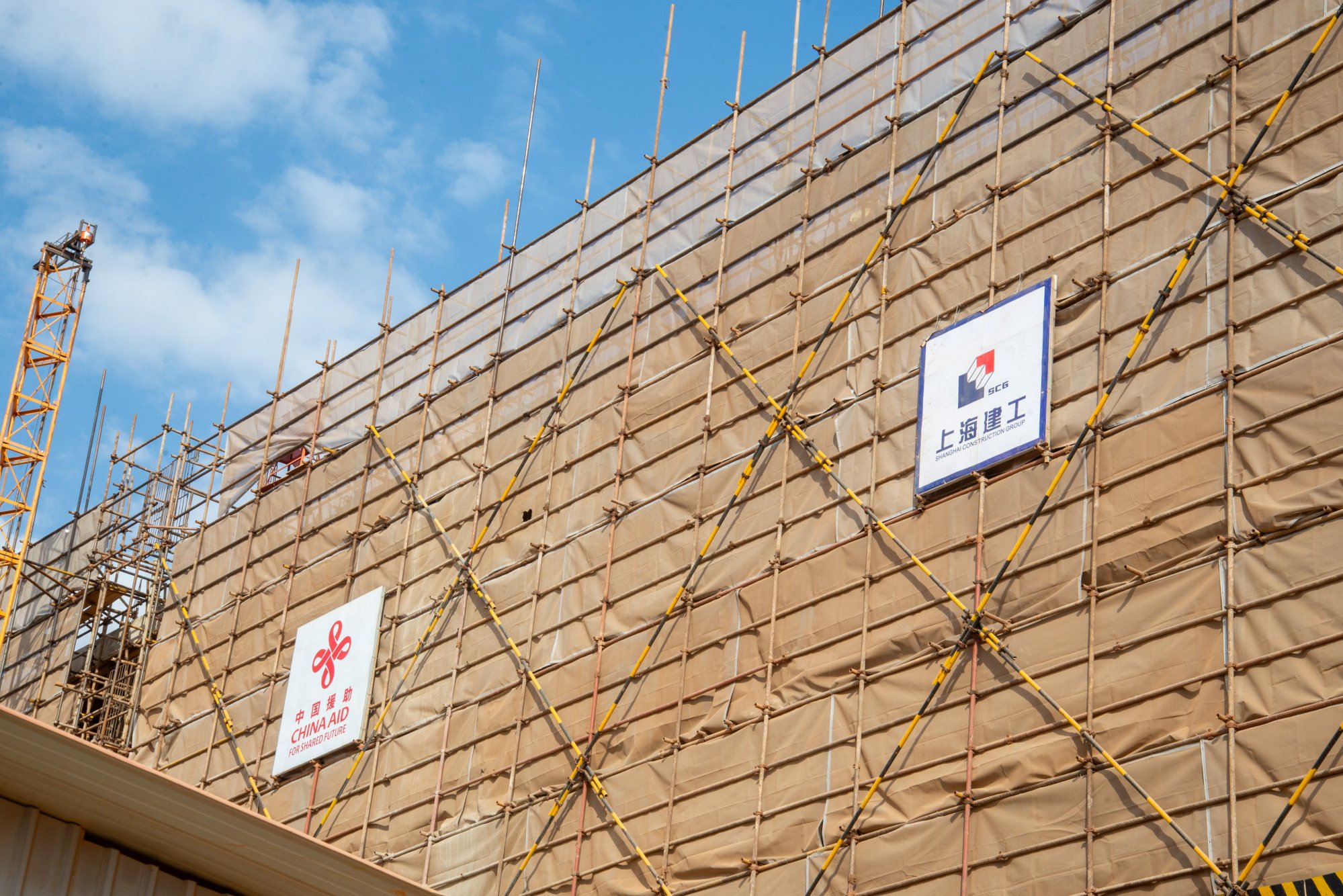
Diplomatic favour
China’s model of medical aid is effective in building goodwill in local African communities, said Dr Ammar Malik, a senior research scientist at US-based development research group AidData.
China’s medical diplomacy is also part of a broader goal to build its positive global image, as it seeks to reframe the development conversation from a Western-centric perspective to an East-led one.
Even the choice of words is intentional. Chinese officials avoid using the word “aid” and instead term it “medical cooperation”.
“There’s no better way to build soft power than to help people solve a problem,” Malik said.
Mandarin learning boom in Rwanda as China’s growth fuels job prospects
Mandarin learning boom in Rwanda as China’s growth fuels job prospects
China’s active promotion of TCM in Rwanda can also be seen as an attempt to build its soft power.
As traditional medicine in Africa shares similarities such as medicinal ingredients with its Chinese counterpart, it is easier for China to export its medical philosophy to Africa than elsewhere, according to Dr David Shinn, who teaches African affairs at George Washington University’s Elliott School of International Affairs.
“TCM is the essence of China,” said Dr Yuan Meng Xian, 40, the TCM practitioner who is part of Lu’s medical team. “To be able to bring this to Africa brings me a sense of achievement.”
Indians take to traditional Chinese medicine amid strained ties with Beijing
Indians take to traditional Chinese medicine amid strained ties with Beijing
Building business
As Beijing’s medical aid becomes more diverse, observers say China’s state-owned companies are the biggest beneficiaries.
In 2016, China provided a US$42 million grant to construct the extension of Rwanda’s Masaka Hospital. Chinese state-owned Shanghai Construction Group won the contract.
“There’s a commercial motive to pretty much all of China’s foreign aid,” Morgan said.
Studies on the rationale behind China’s health aid to Africa have drawn mixed conclusions, Shinn said.
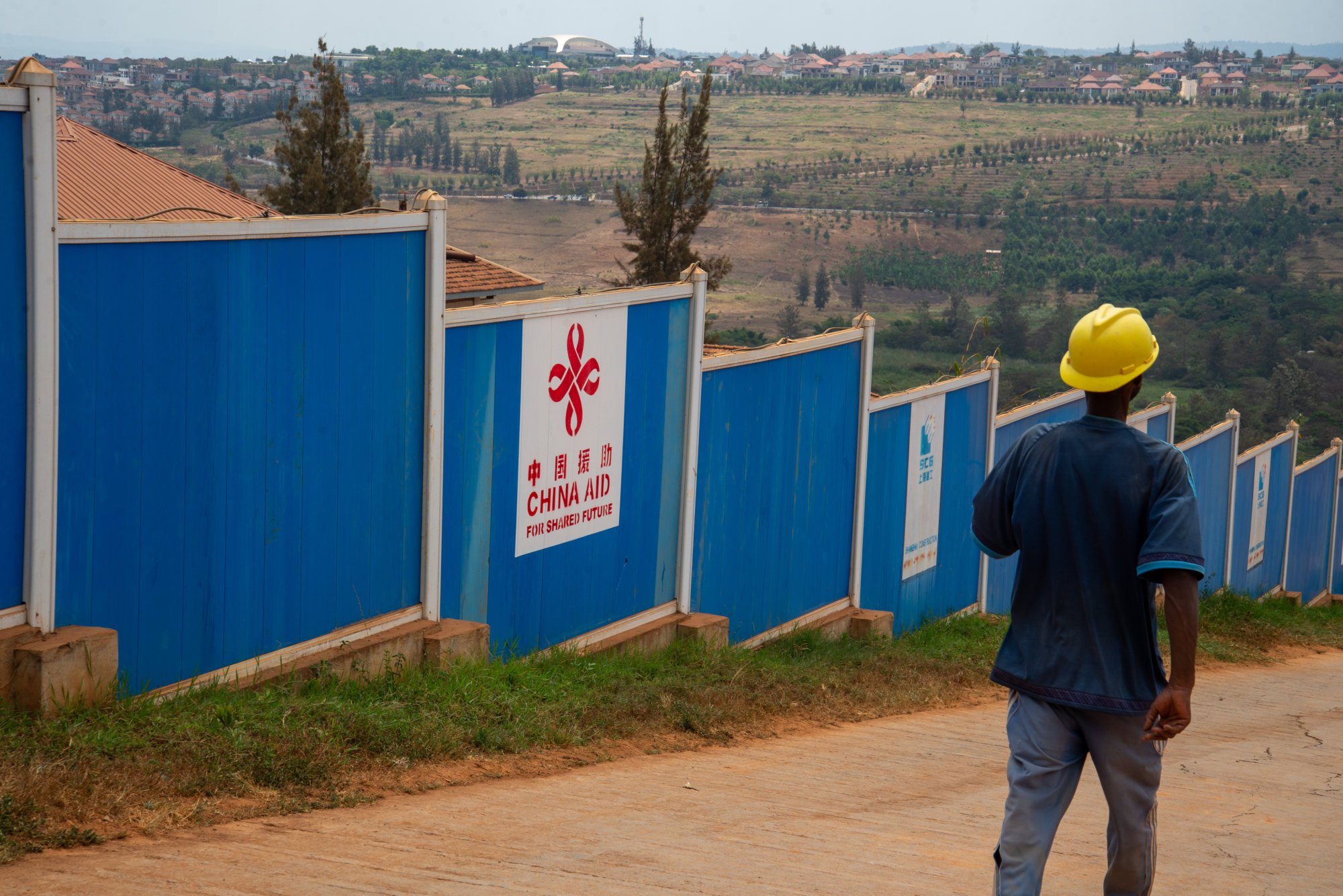
While some suggest the cooperation is linked to resource-rich Africa’s untapped potential, he said the medical programmes were more likely to do with potential sales of Chinese medical equipment and drugs.
Despite criticism that China’s medical aid is business-motivated, Professor Ernest Tambo sees it as a win-win situation.
Like any other country, China is looking for a strategic partner to grow its economy, said the lecturer at the University of Global Health Equity in Rwanda. But providing medical aid means it is not solely involved in business and trading.
This makes China’s attempt feel less exploitative, Tambo said. “The mutual benefit is a good strategy that allows China to win more ground and really build trust with the African population.”
Beyond humanitarian aid
Regardless of its motivations, China’s medical aid has benefited locals.
“A diplomatic tool is not necessarily a negative thing,” Morgan said. “For those who received treatment from the Chinese medical team, that benefits their lives.”
And China makes sure to send its best. To even qualify for the programme, Chinese medical professionals undergo a rigorous selection process at the provincial level. Only those from one of its 1,651 grade A tertiary hospitals are chosen.
As Rwanda and China’s healthcare systems and levels of expertise have developed, the medical team’s aid has become increasingly diversified.
Outside clinical consultations, the Chinese medical team conducts lectures on medical skills and TCM at institutions such as the University of Rwanda and East African Christian College.
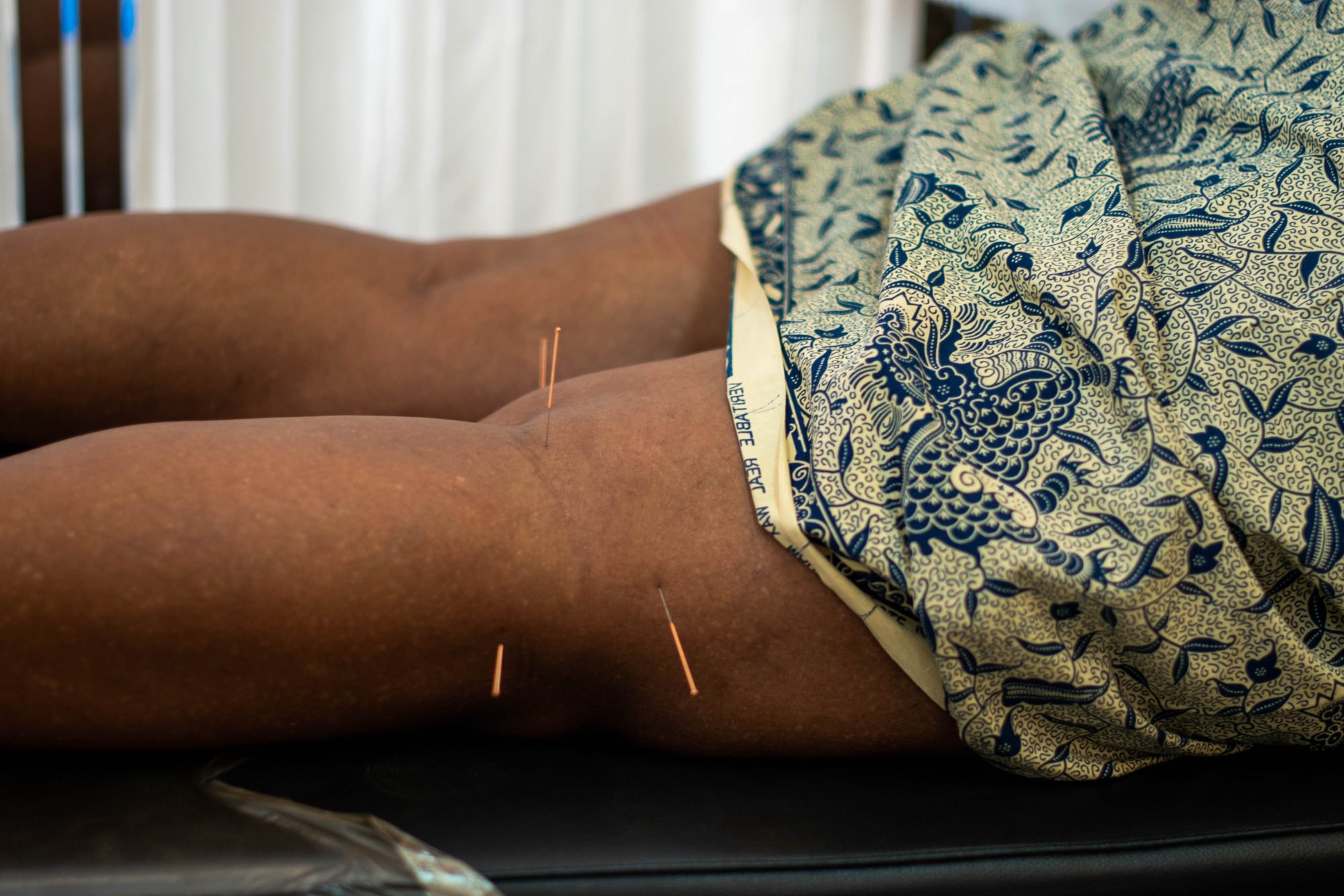
They also work with research institutions to develop local traditional medicine.
Despite Africa’s long history of traditional medicine, the area remains largely under-researched.
“There is a need for traditional Chinese doctors and African researchers to investigate traditional African medicine more so that local medicinal materials can provide greater value,” Tambo said.
“Sometimes, we discover herbs in Rwanda that can be used in traditional medicine,” Yuan said. “With our knowledge, we can help them explore ways to use local herbs.”
For the Chinese medical team, China’s healthcare aid in Rwanda is about building a friendship between the two countries. But it is also more than that.
“We just want to serve more patients, alleviate their pain and give them better treatment,” Yuan said.
Bernadette Toh is a final-year communication studies student at the Nanyang Technological University’s Wee Kim Wee School of Communication and Information in Singapore. Her report on Chinese medical aid in Rwanda is part of the school’s Go-Far overseas reporting programme.


